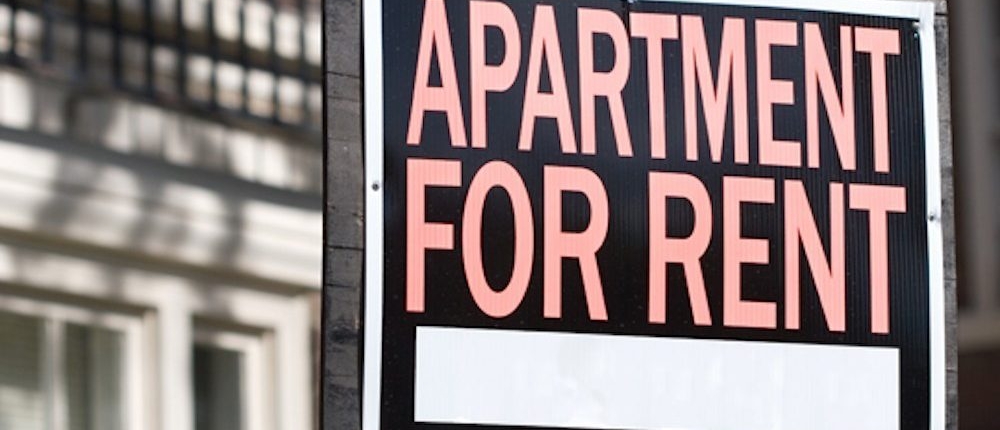Zero-price Land and the Rent Moratorium

The rent moratorium has now been extended to December 31, 2020. The solution to the problem of tenants having too little income to pay their rent and landlords having no cash flow to pay their mortgages is to declare that affected properties rest upon zero-price land. The solution is explained below.
If there were no tax on buildings and all taxes on land, who would invest in the future value of land? What would be the basis for believing that the land would be worth more in the future? The equitable return of all increased land value to the infrastructure authority (to pay for those services that created the basis for high land values, such as water supply, healthcare, and police security) removes the motive of any rentier interest, and instead, lights the fire under that building-owning entrepreneur to maximize his/her use of the untaxed building to generate wealth over and above that level of land taxation. This is how land becomes zero-priced. Real estate value in such a case would be 100% based on the value of the building, that constantly depreciates from decay and wear unless upgraded and repaired (at increasing cost). Instead of buying land, the person taking possession of such a lot of land buys into the opportunity to make a profit on a building that is variably valuable based on its location. The only way that land would again have a price would be when a lot’s location becomes more desirable and the taxing authority delays adjusting the land value tax.
How is zero-price land a solution to problems we see today?
Due to the present pandemic, many states and cities have placed a moratorium on housing rents, which is great for tenants, but what should a commercial real estate owner do to pay his/her mortgage? Simple. As most mortgages are federally-insured, the federal agency that may incur losses from non-payment of rent could simply re-write the mortgage so that it is based 100% on the value of the building, and forego the value that was on the land. The commercial real estate owner is saved from bankruptcy, and the tenants get lower rents (because the landlord’s fixed expenses are reduced by the loan reduction). The infrastructure authority and the landlord/real estate owner would thereafter negotiate a viable land value tax for the period of the pandemic, adjusting it upwards after its passing. This sets the stage for the abolition of all other non-land, inequitable taxes on sales, labor, income, buildings, etc. as sufficient revenue is generated for all urban services with the land value tax.



Leave a Reply
Want to join the discussion?Feel free to contribute!